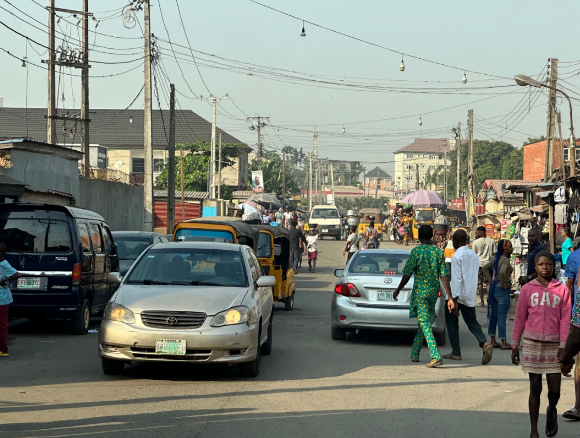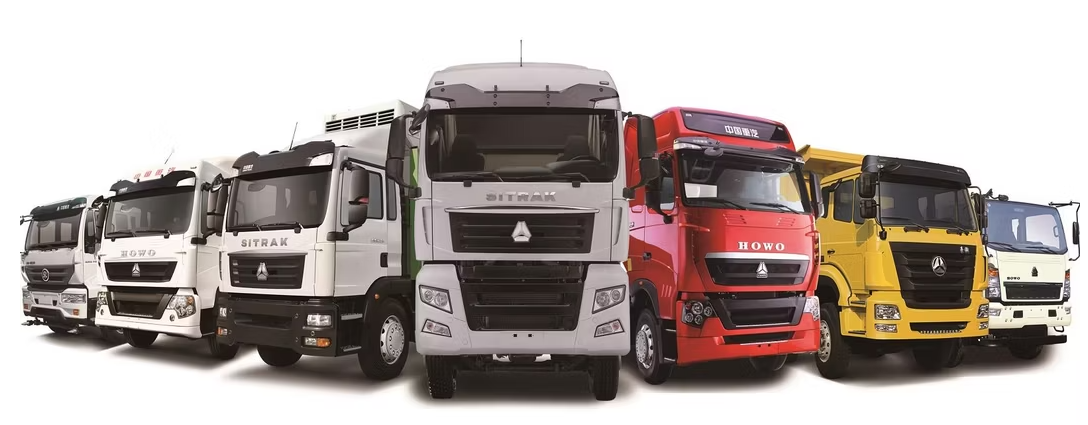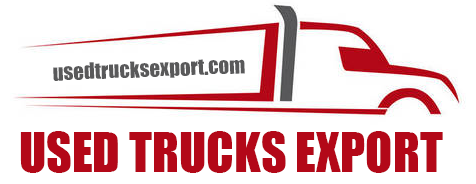Tokunbo Trucks: Nigeria’s Wheel of Informal Trade
If I were to list keywords related to Nigeria, “used vehicles” would undoubtedly be one of them. When I first arrived in Lagos in November 2021, I was astonished to find that the streets were dominated by Japanese-brand trucks like Toyota and Isuzu. When I asked the pickup driver about the origin of these vehicles, he casually replied: “They’re all used imports—we call them Tokunbo trucks.”
In Nigeria, all kinds of second-hand goods imported from abroad are referred to as “Tokunbo.” The word originates from Yoruba, literally meaning “from across the sea.” It was initially used to name Nigerian children born in Europe or North America, often implying elite family backgrounds and social prestige. However, since the Structural Adjustment Program of 1986, the naira has depreciated significantly, and Nigeria’s import-substitution industrialization nearly came to a halt. Soaring prices of new imported products created fertile ground for the second-hand trade. “Tokunbo” gradually evolved into a collective term for all types of imported used goods.


Take the truck market as an example. There is a stark contrast among officially imported new trucks (subject to high tariffs), locally assembled new trucks (with high production costs), and grey-market imported Tokunbo trucks. For instance, in 2022, a locally assembled 1.2-liter HOWO truck might have been priced at ₦7.2 million (about $17,000 USD), while a decent-condition imported used HOWO pickup could be bought for just ₦4 million (around $9,400 USD). A Nigerian-used truck might even go for less than ₦1 million (approx. $6,400 USD). Some reports suggest that importing a damaged HOWO truck from the China., repairing it, and clearing customs could total under ₦2 million ($4,700 USD). Once refurbished, it could be resold for up to ₦9 million ($21,000 USD)—while a brand-new imported version of the same model might be priced as high as ₦16 million ($38,000 USD). The profit margins are evidently substantial.


The flooding of Tokunbo trucks and other second-hand products—including phones, home appliances, and even clothing—has provided Nigerians access to affordable industrial goods amid economic decline. Yet it also poses significant risks to the country’s economic development. On one hand, these vehicles often enter the market through informal channels, lacking proper safety and compliance checks, which raises public safety concerns. On the other hand, the overflow of second-hand products stifles the growth of domestic manufacturing, weakening local industrial competitiveness and hindering the optimization of the business environment. More fundamentally, Nigeria's dependency on the Tokunbo economy limits its influence in global trade. Rather than acting as a meaningful consumer that can shape international markets, Nigeria risks becoming a “dumping ground” for used goods, undermining both its economic sovereignty and potential for industrial advancement.
